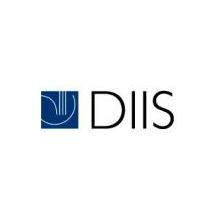Resource information
In the literature about macroeconomics and deforestation, it is often supposed that strong foreign exchange outflows (e.g. debt service) increase deforestation, as higher poverty augments frontier migration and natural resources are squeezed to generate export revenues. This paper analyses the opposite phenomenon, i.e. the deforestation impact of substantial foreign exchange inflows, which is analysed in the "Dutch Disease" macroeconomics literature. This framework is applied to Ecuador, which from 1974 to 1982 faced a foreign exchange boom from oil exports and foreign borrowing, and then compared to the somewhat scattered data on Ecuadorean deforestation. The results do not support the initial hypothesis of 'more foreign exchange - less deforestation'; it is more likely that deforestation increased during the boom. Oil production facilitated new colonization; road construction programmes heavily spurred deforestation; soaring budgets of development agencies facilitated cattle expansion. Factors that worked in the opposite direction (such as higher rural-urban migration, competitiveness loss in
land-extensive agriculture, and more money available for forest conservation) were insufficient to reverse the picture. As an overall conclusion, the Ecuadorean case reveals a complexity of links from macroeconomics to sectoral growth and deforestation, in particular because of the catalytical role of economic policies: With the Ecuadorean state's explicit strategy of infrastructural and agricultural expansion financed by oil revenues, the boom could not possibly lead to reduced deforestation. This implies that no easy conclusions can be drawn from the external and macroeconomic framework to deforestation: Much depends on the specific sectoral structure and on domestic policy responses. [Author's abstract]Also available in WordPerfect 6.1 for Windows 3.x format



